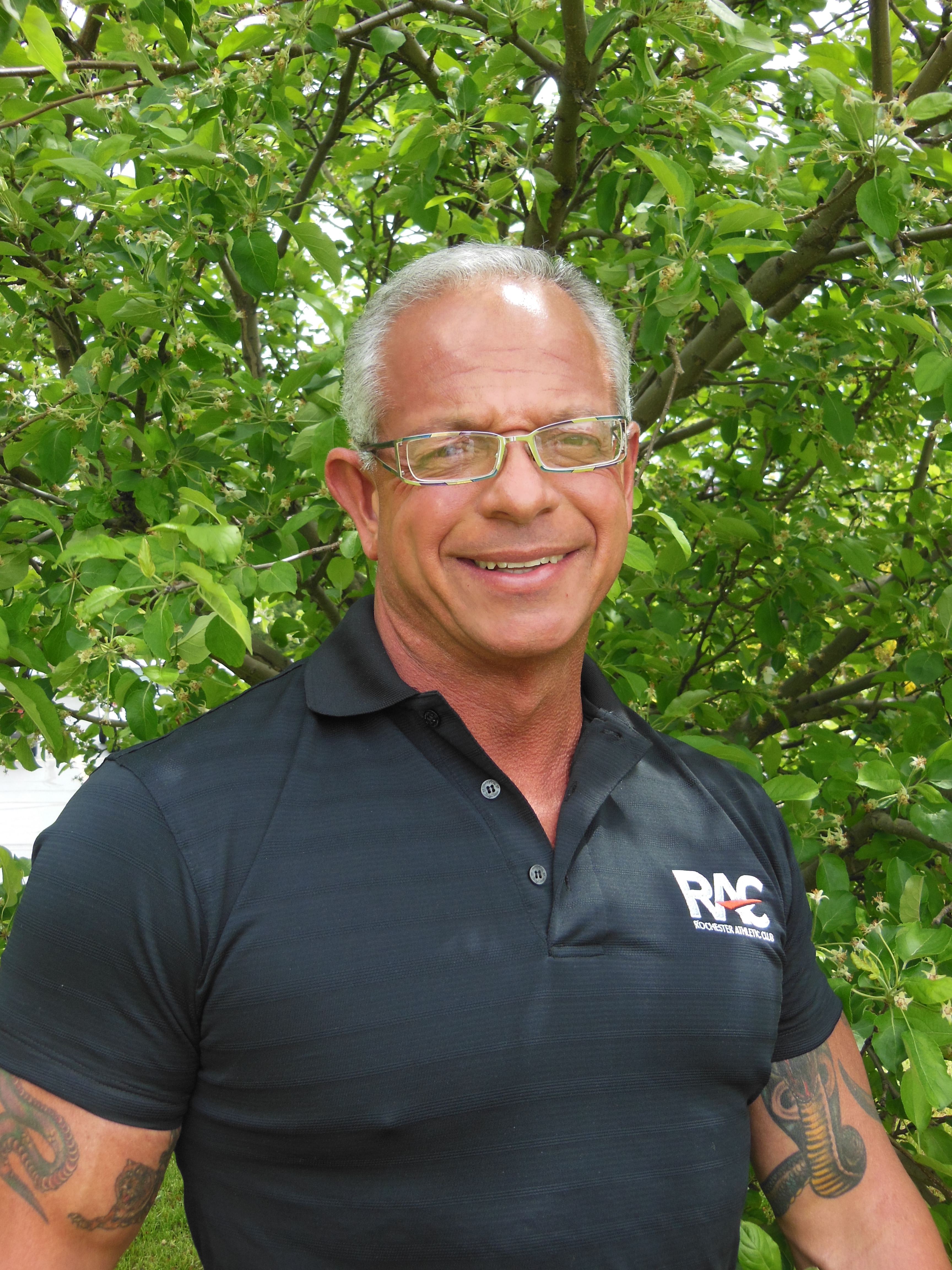It is known that exercise reduces the risk of heart disease, the leading cause of death in the United States. The findings demonstrate that “one of the most simple, natural and cheapest ways of preventing a stroke is to exercise regularly”. Regular, moderate exercise could decrease your risk for stroke almost by half, according to new research.
However, the newest research published in the American Heart Association’s journal shows just half an hour of moderate exercise five days a week reduces the risk for stroke by almost 25%. Double that effort by exercising for an hour a day for five days a week and you will drop the risk for stroke by almost another 25%.
So what is moderate exercise? Researchers say walking, climbing steps, biking and even dancing all count, but activities such as bowling and light housekeeping do not. Research has also found that highly active people had a 27% lower risk of having a stroke or dying if they had one, compared with people who got little or no physical activity. Moderately active people had 20% lower risk. Even though moderate activity is good, people should not stop there, “It is now established beyond reasonable beyond reasonable doubt that high-level physical activity is to be strongly recommended”.
Heart disease and stroke result from damage to small blood vessels. Physical activity protects against damage to those vessels by such means as lowering blood pressure and cholesterol levels, improving the ability of the vessels to widen when more blood flow is needed and reducing the likelihood of a clot inside a blood vessel.
Make sure you inform your clients and put the ones that are applicable into a program that fits their needs. Remember, moderate exercise is key for these clients. Once they get to a point that they can push past “moderate exercise”, make sure they do. Challenge them to challenge themselves and they will go a long way.
 Robert Bovee Certified Master PPT, RTS, ETS, FTS
Robert Bovee Certified Master PPT, RTS, ETS, FTS
As one of the most successful Professional Personal Trainers and Exercise/Fitness Therapists in the United States, Robert continues to remain at the forefront of the industry by providing his clients with a thorough education and the tools to implement that education. By improving his client’s physical health, strength, endurance, cardiovascular fitness and nutritional habits, he is able to motivate them to lead longer, happier and more productive lives. Find out more about Robert and his personal training career and services, here.
Guest authors offer experience and educational insights based on their specific area of expertise. These authors are contributing writers for the NFPT blog because they have valuable information to share with NFPT-CPTs and the fitness community at-large. If you are interested in contributing to the NFPT blog as a guest, please send us a note expressing your interest and tell us how you can contribute valuable insights to our readers. We look forward to hearing from you! Send to editor@nfpt.com

